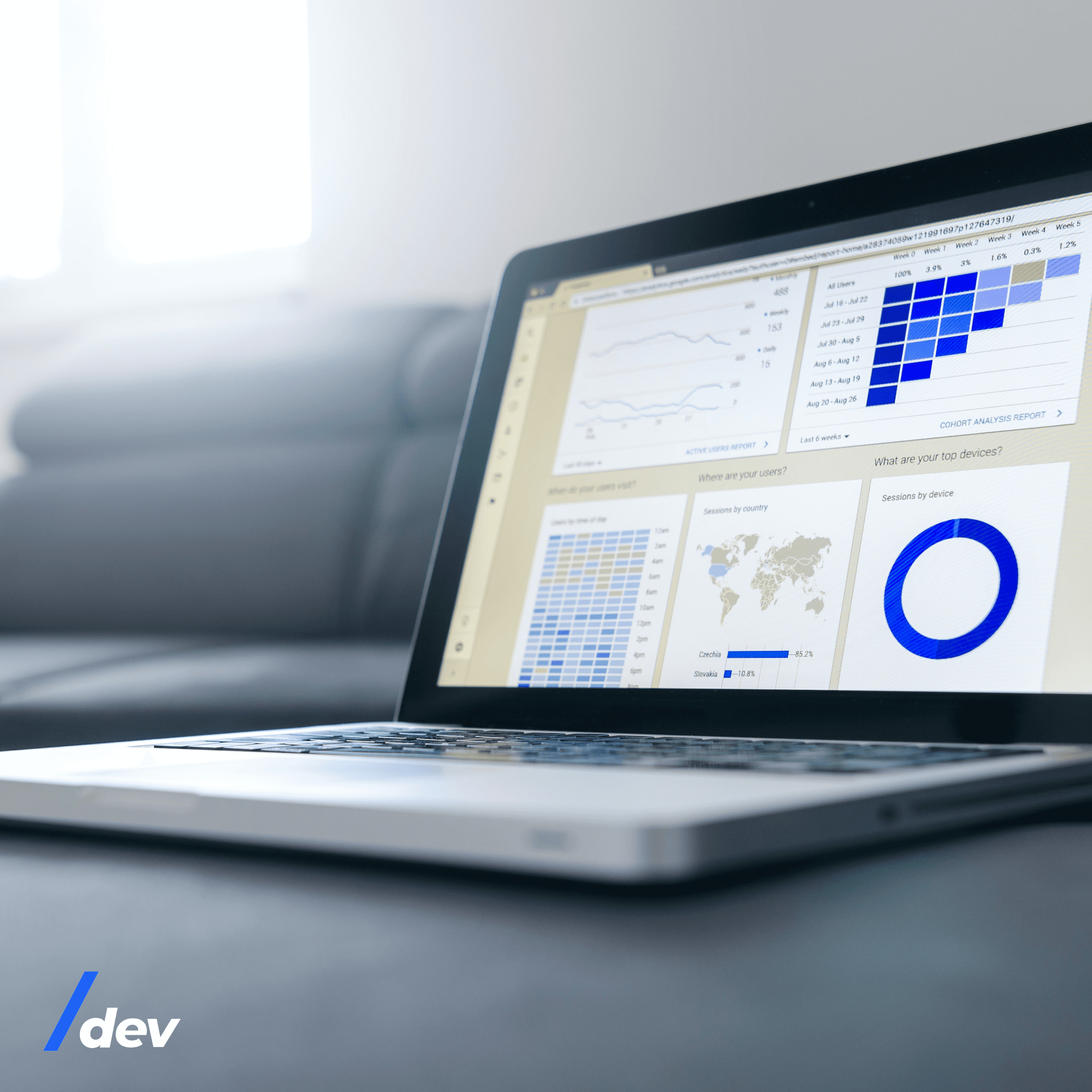Software Services
For Companies
For Developers
Portfolio
Build With Us
Get Senior Engineers Straight To Your Inbox

Every month we send out our top new engineers in our network who are looking for work, be the first to get informed when top engineers become available

At Slashdev, we connect top-tier software engineers with innovative companies. Our network includes the most talented developers worldwide, carefully vetted to ensure exceptional quality and reliability.
Build With Us
The Role of Data Analytics in Customer Experience Management/


Introduction/
In today’s competitive business landscape, organizations are increasingly focusing on providing exceptional customer experiences to gain a competitive edge. Data analytics plays a pivotal role in understanding customer behavior, preferences, and needs, enabling organizations to deliver personalized and engaging experiences. In this article, we will explore the importance of data analytics in customer experience management and how organizations can leverage it to drive customer satisfaction and loyalty.
Understanding Customer Journey/

Data Collection
Organizations should collect data from various touchpoints, including websites, mobile apps, social media platforms, and customer interactions. This data provides insights into customer behaviors, preferences, and patterns, forming the foundation for customer journey analysis.
Customer Journey Mapping
By mapping the customer journey, organizations can visualize the various touchpoints and interactions customers have with their brands. This helps identify pain points, bottlenecks, and opportunities for improvement in the overall customer experience.
Segmentation and Personalization/
Customer Segmentation
Data analytics enables organizations to segment their customer base into distinct groups based on demographics, behaviors, or preferences. This segmentation helps tailor marketing campaigns, product offerings, and communication strategies to specific customer segments, increasing relevance and personalization.
Personalized Recommendations

By leveraging machine learning algorithms, organizations can provide personalized product recommendations, content, and offers to individual customers. This enhances the customer experience by delivering relevant and tailored suggestions, increasing engagement and customer satisfaction.
Predictive Analytics and Forecasting/
Predictive Customer Analytics
Predictive analytics utilizes historical data to forecast future customer behavior. By analyzing patterns and trends, organizations can predict customer churn, identify upsell and cross-sell opportunities, and optimize marketing strategies.
Demand Forecasting
Data analytics helps organizations forecast customer demand accurately, enabling efficient inventory management, supply chain optimization, and improved customer service. This reduces costs, minimizes stockouts, and ensures timely product availability.
Real-time Insights and Monitoring/
Real-time Data Analytics
Organizations can leverage real-time data analytics to monitor customer interactions, sentiment analysis, and engagement metrics. This allows for immediate response and proactive intervention to address customer issues, provide support, and enhance the overall customer experience.
Social Media Monitoring
Data analytics tools enable organizations to monitor social media platforms for customer feedback, sentiments, and brand mentions. This helps identify reputation risks, address customer concerns promptly, and engage in meaningful conversations with customers.
Continuous Improvement and Feedback Loop/
Customer Feedback Analysis
Organizations should analyze customer feedback, surveys, and reviews to gain insights into customer satisfaction, identify areas for improvement, and drive product and service enhancements.
A/B Testing and Experimentation
Data analytics facilitates A/B testing and experimentation to measure the impact of changes in the customer experience. By analyzing the results, organizations can optimize their strategies, refine their offerings, and continuously improve the customer experience.
Conclusion/
Data analytics plays a crucial role in understanding customer behaviors, preferences, and needs, enabling organizations to deliver personalized and exceptional customer experiences. By leveraging data analytics for customer journey mapping, segmentation and personalization, predictive analytics and forecasting, real-time insights and monitoring, and continuous improvement, organizations can enhance customer satisfaction, build loyalty, and drive business growth.
To stay updated on the latest trends and best practices in customer experience management, visit slashdev.io. The platform offers valuable resources, articles, and insights to support organizations in their journey to deliver exceptional customer experiences. Embrace the power of data analytics and transform your customer experience strategy to thrive in today’s customer-centric business landscape.
